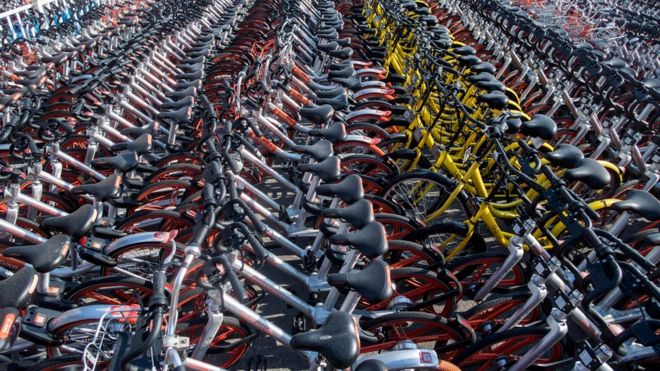As Hurricane Irma churned up from Cuba to Florida, we enjoyed a weekend of perfect weather: high temperatures between 20 and 24 C, and lots of sunshine. But, as high cirrocumulus clouds drifted across blue skies, the tides spilled the distant storm's fury onto our shores.
Since I'm not a surfer, I heeded the warnings against going into the water. So, of course, I cycled. Specifically, I took Arielle, my Mercian Audax, for a "doubleheader": a ride to Connecticut on Saturday and Point Lookout on Sunday.
On my way up to the Nutmeg State, I pedaled into a stiff headwind most of the way. That meant, of course, that it blew me back to New York. En route to Point Lookout, I pedaled into what seemed to be the same wind to the Rockaways and it whipped at my side as I rode along the South Shore. Then, of course, I had to pedal into the wind on my way home.
I'm not complaining about that headwind on my way home. It's hard to imagine a more pleasant weekend of riding locally. Is it still a guilty pleasure if you're grateful for it?










![Larry Batten, Chain Reaction Ministries coordinator, refurbishes bicycles at First Christian Church of Oklahoma City to give away to those who need them. [Photo by Jim Beckel, The Oklahoman]](https://cdn2.newsok.biz/cache/w640-1fe82ca5d5855fe575898c063dbaa974.jpg)

